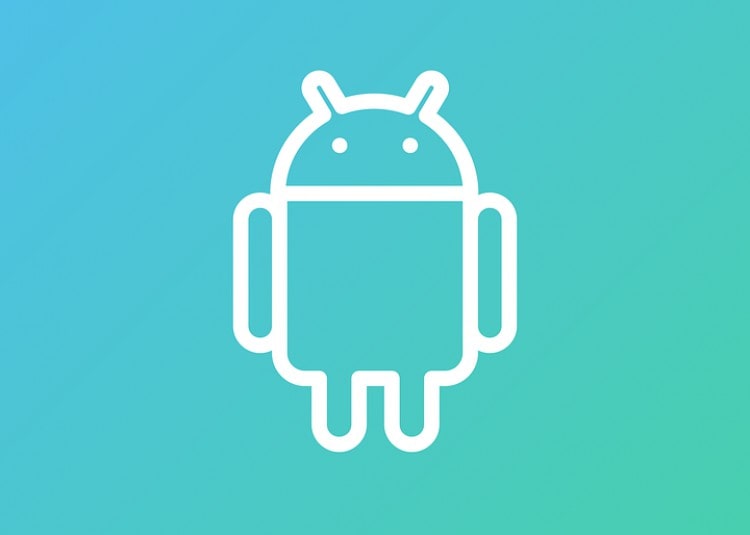
Android is the king in the mobile world! There is nothing that can claim Android’s position anytime soon. This has, of course, influenced businesses that are bringing themselves on the Android platform, through Android app development. But, in the mean time, businesses in need of Android apps also need to understand about the performance of their apps.
A best, performing app is one which runs free of errors, glitches, and bugs. Android SDK too has several tools for debugging to easily identify the performance problems in Android app Firmware Flash File.
As we know, when developing Android apps, they are built for portable devices like smartphones and tables which have certain limitations in terms of processor and storage. Here, businesses are required to push their Android app development team focusing on reliability and effectiveness of the end product.
The most common measure to take for improving the performance of an app is that how the much power is the app is consuming. A badly designed app puts additional burden on the battery of Android devices. It’s recommended to businesses that they focus on how much battery power their apps are consuming. Because the apps consuming too much of battery power are quickly uninstalled, it’s strongly recommended you ask your developers to perfectly optimize for the issue.
Let us take this post a step further by mentioning about the top time-tested rules which most of the expert developers have been applying to their Android app development projects.
- The very first rule to be applied for a successful Android app is to avoid all features which are not the part of core functionalities. This is generally suggested for the initial versions of an app. By this businesses are able to rapidly bring in their app to the market.
- Do not create an app for your business just because your competitors are creating or you have to stay in trends. This way you will not end up with a useful app. Try to create something meaningful which is helpful for the customers or employees of your business.
- Wherever and whenever possible, avoid using virtual method class. When using C/C++, it is good idea to use getter or setter methods in place of directly accessing the field to use. This puts restrictions on apps’ accessibility.
- Keep the layout simpler by reducing its complexities. This is another great idea to follow to make an Android app development project successful.
- Developers should avoid floating method and prefer integer. Integer needs two times less space than floating.
- Always prefer relative layout or grid layout while designing an app. This will certainly enhance the performance of your app in Android devices.
- In order to optimize the queries for your app, try to build an index of database.
- Also use a precompiled SQL statement or careers that are often used.
- And in last, try the native method if they are required.
